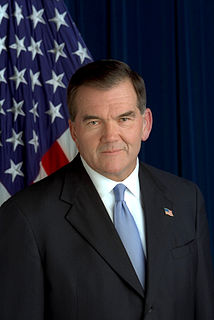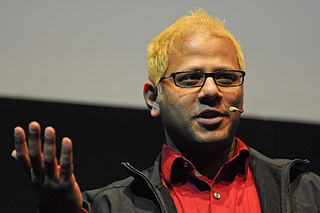A Quote by Edward Snowden
What we're really debating is not security versus liberty, it's security versus surveillance. When we talk about electronic interception, the way that surveillance works is it preys on the weakness of protections that are being applied to all of our communications. The manner in which they're protected.
Related Quotes
The combination of the growth of these digital technologies, the ability of the government to conjure up these secret interpretations, plus a very unusual and novel court make for this ever-expanding surveillance state. We so treasure our freedoms; we will regret it if our generation doesn't use this unique time to reform the surveillance laws and make it clear that security and liberty are not mutually exclusive. We can do both.
Many of our ally states don't have these constitutional protections - in the UK, in New Zealand, in Australia. They've lost the right to be free from unreasonable search and seizure without probable cause. All of those countries, in the wake of these surveillance revelations, rushed through laws that were basically ghostwritten by the National Security Agency to enable mass surveillance without court oversight, without all of the standard checks and balances that one would expect.
The United States has every intention of continuing to do the kind of reconnaissance and surveillance work we have done for decades, well known to everyone, that is essential to protect our national security, and frankly, the security of our friends in various regions of the world. It is part of our collection system.
I am disturbed by how states abuse laws on Internet access. I am concerned that surveillance programmes are becoming too aggressive. I understand that national security and criminal activity may justify some exceptional and narrowly-tailored use of surveillance. But that is all the more reason to safeguard human rights and fundamental freedoms.




































